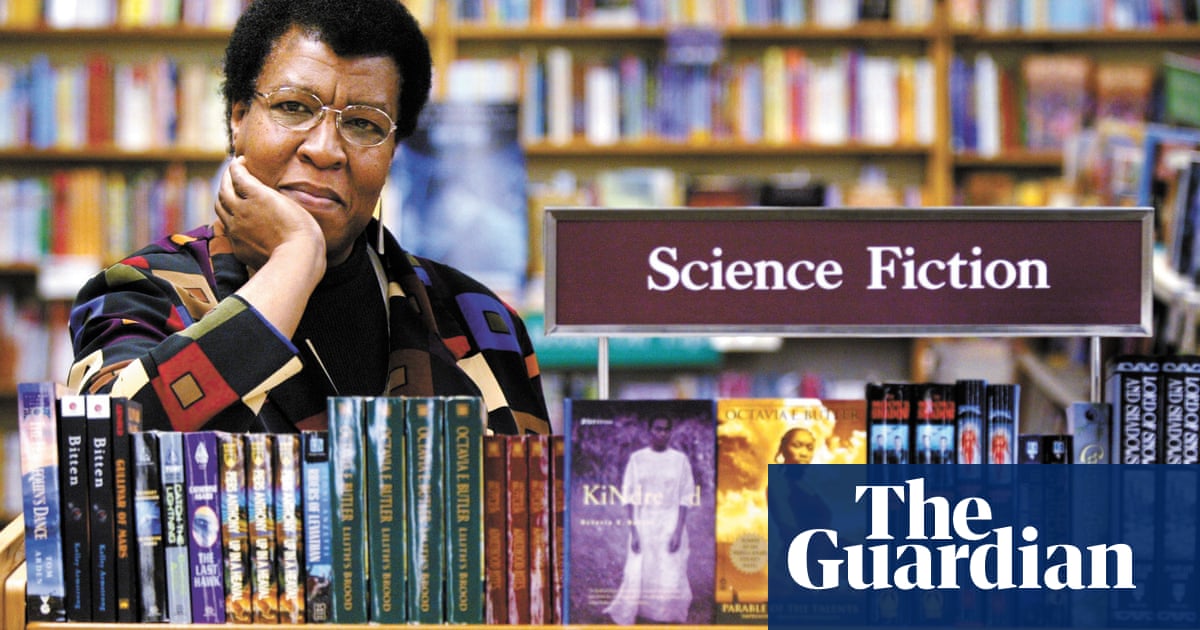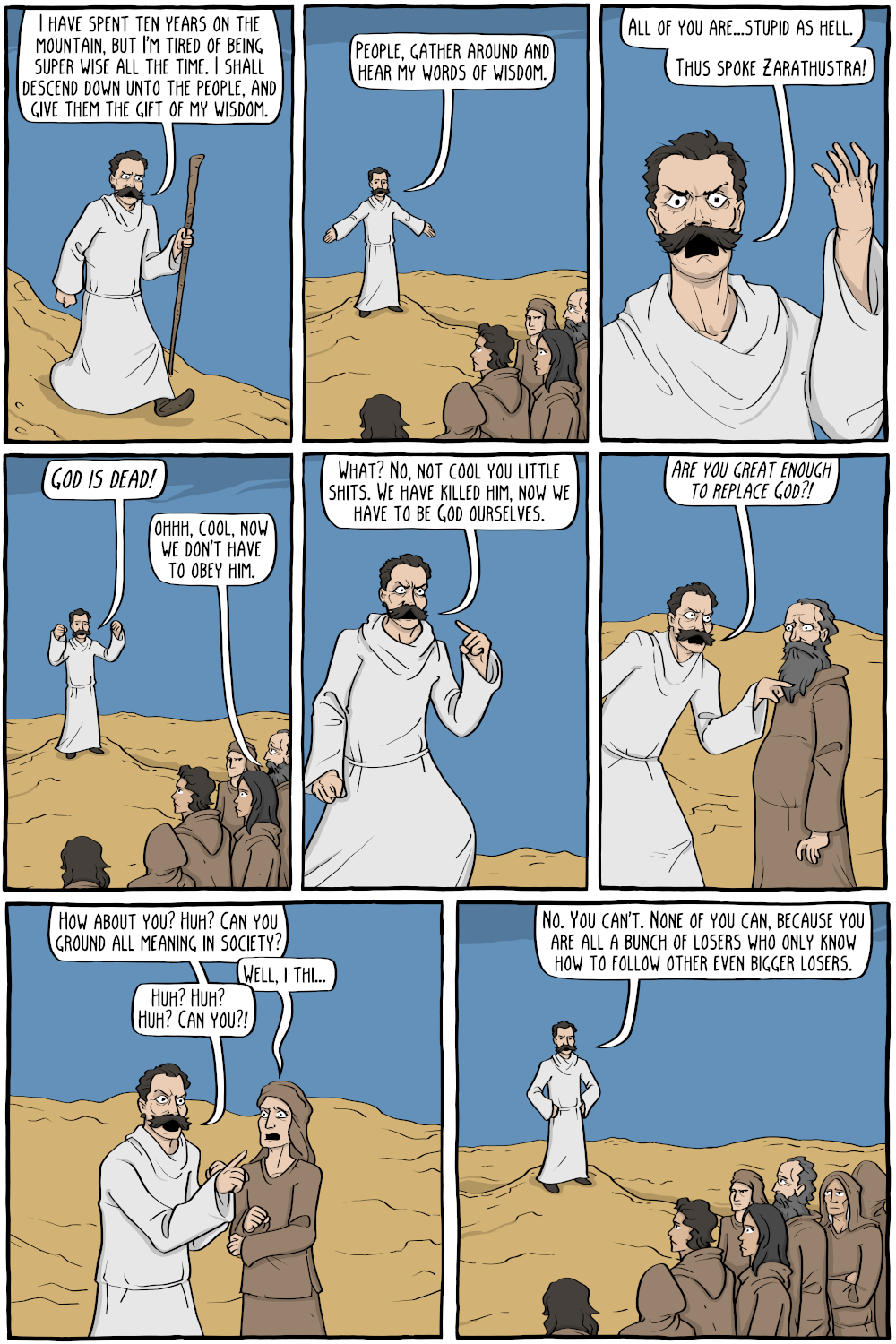"Faith is taking the first step even when you don't see the whole staircase" - Martin Luther King Jr.
Faith is so often associated with religion that it is often used synonymously with worship. For the religious, it illustrates their devotion to the god or gods in which they place their spiritual bets on. One can often observe even atheists referring to faith in this capacity. While no one objects with this thought process, one could argue that faith is much more abstract that most give it credit for. In terms of how it is applied currently, faith is broad spectrum whereas as religious faith is specific. After all, one cannot utilize any of the common senses to find faith. If anything, it serves as a sixth sense. A sixth sense so innate that all manner of life, be it flora or fauna, have access to it.
Now a quick disclaimer:
I write this with no intention of bashing religion. Instead, think of this just like the square/rectangle situation. All squares are rectangles but not all rectangles are squares just as All religion is a kind of faith but not all faith is religious
Given the Christian near-monopoly in America, one can assume that they are the religious within this specific text.
Now, more often than not, one can hear a Christian refer to unfortunate circumstances as God testing his or her faith. All hardships are seen this way as the perceived lord almighty determines your allegiance. I have a severely Christian friend who says that one cannot be truly faithful to God until he can look at his best friend and announce their inevitable damnation for not believing as he does. This came as quite a shock, but it can be explained with this: often the religious perceive the existence of their eventual afterlife to be as real as the life they live now. Whereas, we have faith in the sun rising tomorrow and they have pearly gates to enter after their life’s conclusion. The difference between religious faith and faith in general is the use of personification. Religious faith is given this power, much like the Force in Star Wars, where the user must be “at one” or obsessively devoted for it to work properly. Hence, when bad things happen as they always do, the religious were simply not as strong in their faith as they should have been. For those who happen across luck in their life, they see this as an abundance of faith and thus proclaim to have a personal relationship with God.
Faith in its purest form serves more as a foundation for motivation rather than a personified force.
For this example, I will explain using plants. As a sapling grows, it has faith in the nutrients within the soil , faith in the water from above and below, and has faith in the Sun to give it energy. This is less of a personification and more of a survival instinct. When it loses faith in one of the three, it will cease to thrive.The point of this example is to prove that while faith is innate, it grows when fed with certainties. We know the sun to rise every morning set every night. We know the air to be breathable, and we know that we are born, we live,and we die such as all life forces on earth. Each of us have a different certainties that we have faith in within our lives, and that is not a religious thought, that's just life.
When I introduced myself within this course, I wrote "I understand faith to be something that everyone must have to reach any type of clarity". I wrote this with my broad definition in mind, thinking nothing of it. While in class, I quickly realized that my words were associated with religion specifically, which makes sense given it's a class about Atheism, but the difference in understanding weighed on my mind thus I will now explain what I said further.
We must have faith in aspects of our lives to be successful. We must trust that those around us live just as complicated lives as us, and thus the ones who support us expect that support back. We must have faith that our hard work here will assist us in earning our degrees later, and we must have faith in our ability to somehow utilize what we've learned to land our "dream job", if such a thing exists. Having that faith in others and in ourselves is astronomically important because faith fuels motivation and motivation fuels us. If we have no motivation to better ourselves or to reach a level where we are comfortable, we will never have clarity.
Thus: A➜B, B➜C, and A➔C, Where A is faith, B is motivation, and C is clarity.













